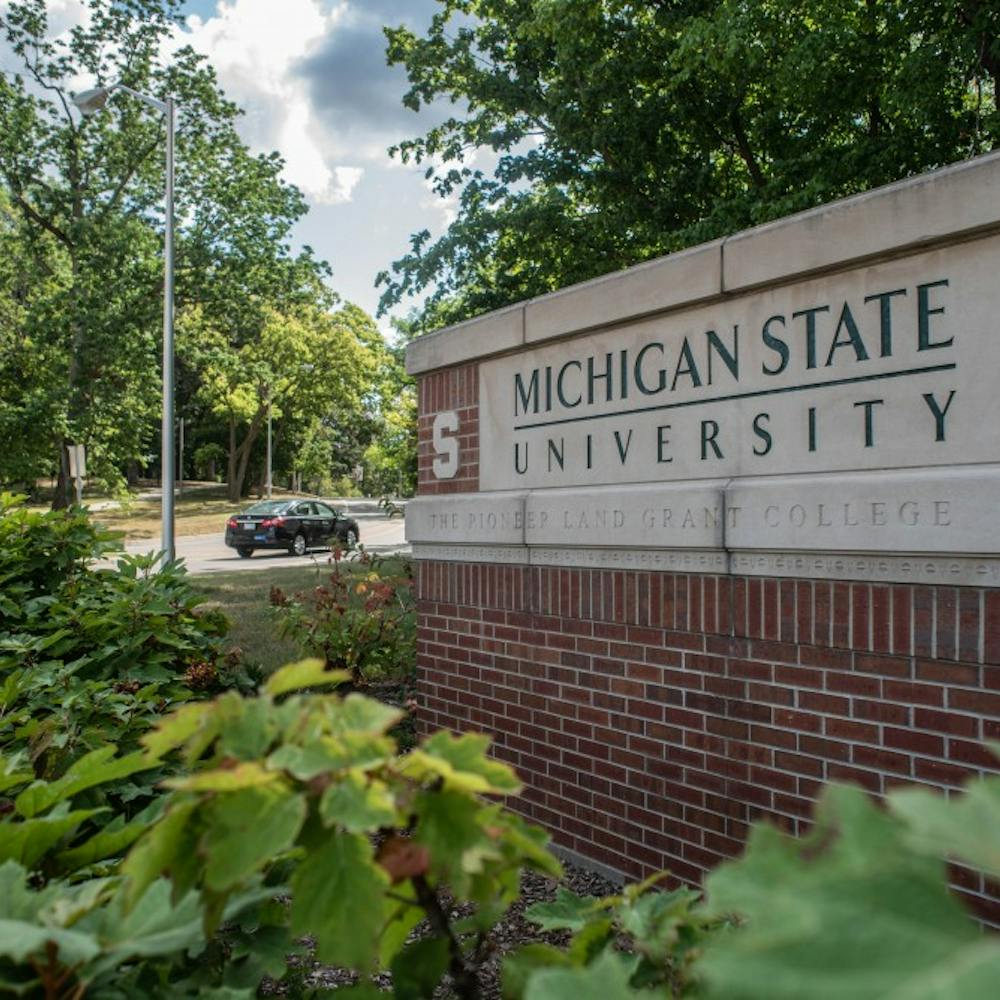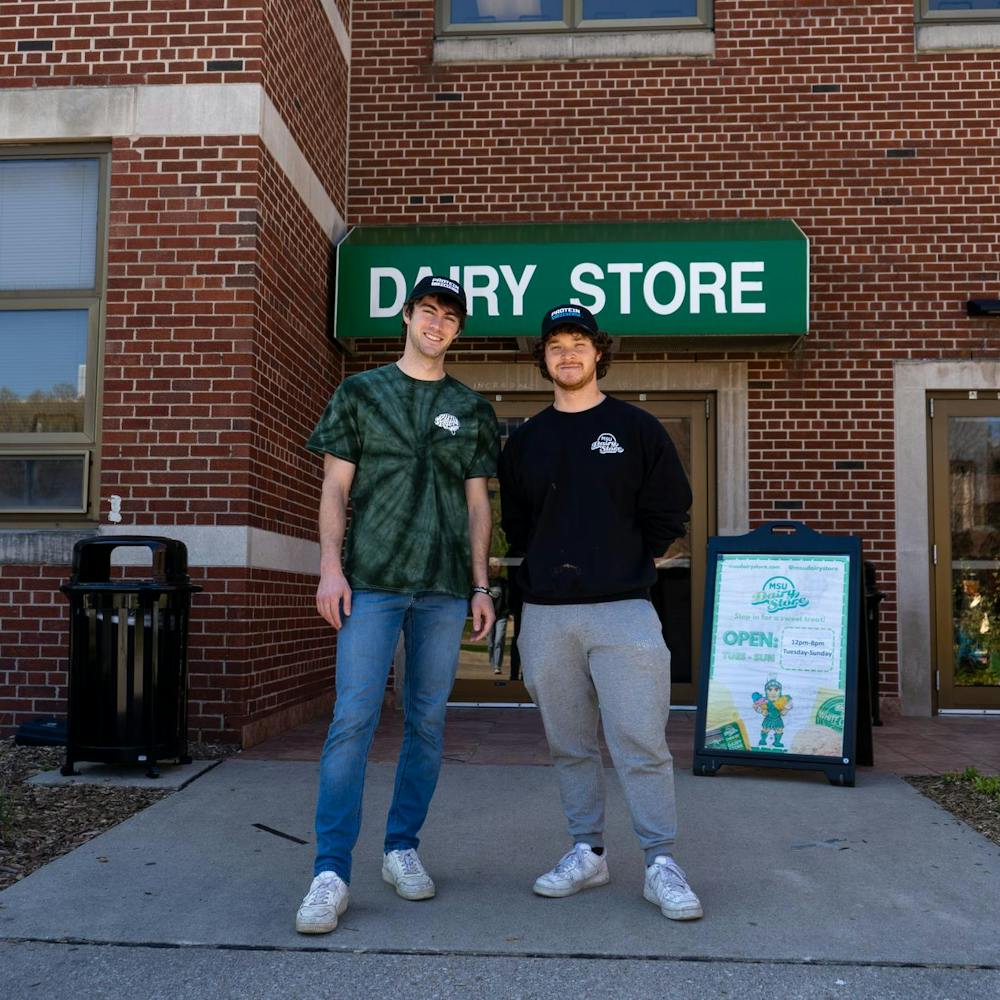The editorial “Moving beyond coal good idea, too costly” (SN 2/3) raises a very important point. We must consider the true cost of burning coal to Spartans and the state of Michigan. Moving away from coal is not only something that is good for the environment and public health, it’s something that we have to start doing right now for our pocketbooks as well.
The problem is, coal isn’t actually cheap. In fact, it is much more expensive than most of us realize. The National Research Council published a report analyzing the true cost of coal-fired power plants and found that damages from sulfur dioxide, nitrogen oxides and particulate matter cost taxpayers approximately $156 million per plant a year. That accounts for a total of $62 billion a year in hidden costs nationwide.
These estimates also don’t include the real cost of coal on our health. Coal is directly linked to public health problems including asthma attacks, heart disease and lung disease. According to the Clean Air Task Force, coal-fired power plants in the U.S cause 21,000 hospitalizations, 38,000 heart attacks and 24,000 deaths per year. Furthermore, these coal plants are one of the largest sources of man-made mercury pollution in our country, which contaminate our fish as well as our bodies. Mercury pollution causes brain damage, mental retardation and other developmental problems in unborn children and infants. One in six women of childbearing age has mercury levels in her blood high enough to put her baby at risk. All of these public health problems, in addition to being unjust and unnecessary, have a price tag associated with them, and it is the state of Michigan that is footing the bill — money that could and should be spent instead on our education system.
Not only is coal harming our public health, it is also contributing to the deteriorating health of our planet. Coal contaminates our water, air and land at every step of the process: from mining it with mountaintop removal practices to burning it in our on-campus coal plant to disposing of the toxic coal ash around the state. Furthermore, a recent report by the International Energy Agency states that every year the world fails to take serious action to stop global warming adds another $500 billion to eventual cost. Unless we prefer to bankrupt our global economy, we must act now.
In calculating the price of coal on campus, we must consider its true costs, future regulations and finally that it is a nonrenewable resource. Coal is finite and some estimates suggest that it will peak in 2025. How “cheap” will burning this outdated energy source be then? We must act in foresight and abandon the myth that remaining on coal is cheap, because it simply is not.
In times of challenge we have called upon universities to lead the country. It is our responsibility here at MSU to help build the clean energy economy and not allow outdated coal technology to harm our health, environment and economy.
Some universities already are stepping up to the plate. Ball State University in Indiana showed their commitment to clean energy by transitioning off coal and building the largest geothermal facility in the country — and they are already saving $2 million a year. As recently as a few weeks ago, Cornell University in New York announced its commitment to move beyond coal by 2011. It is time for us at MSU to do the same.
MSU has taken important first steps, including our commitments to lower our greenhouse gas emissions 6 percent by this year and 15 percent by 2020. But this isn’t enough. We are already paying the heavy cost of coal with our checkbooks, our health and our environment. Moving beyond coal is an investment in our clean energy economy and our future. Going green means saving some green too. Go Spartan Green!
Emanuele Berry,
RCAH and journalism sophomore and MSU Beyond Coal media coordinator
Support student media!
Please consider donating to The State News and help fund the future of journalism.
Discussion
Share and discuss “MSU can't afford to continue burning coal” on social media.





